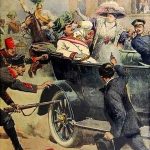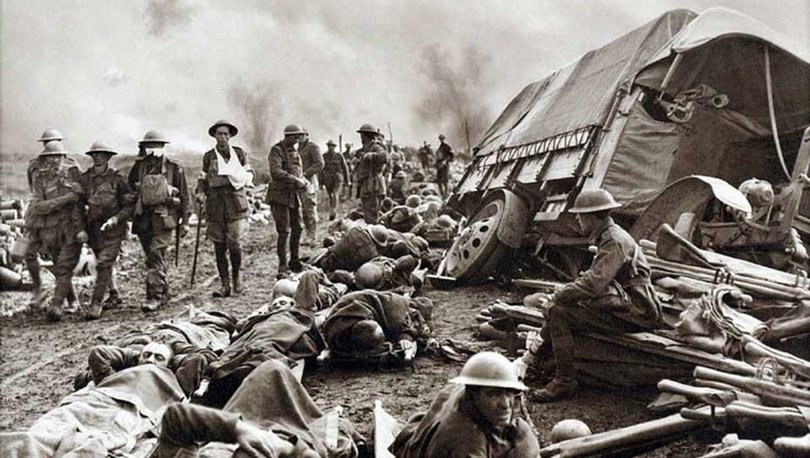
Main Body:
- Alliance Systems: One of the primary factors contributing to the eruption of World War I was the intricate system of alliances among European powers. Two major alliances, the Triple Entente (comprised of France, Russia, and Britain) and the Central Powers (led by Germany, Austria-Hungary, and Italy), created a delicate balance of power. The alliances created a scenario where a small conflict between two nations could rapidly escalate into a full-scale war due to the complex network of alliances and commitments.
- Imperialism and Rivalries: The late 19th and early 20th centuries witnessed a fierce competition among European powers for colonial possessions. Imperial ambitions and rivalries over resources, markets, and territories heightened tensions between nations. The quest for global dominance fueled animosity and set the stage for potential conflict.
- Nationalism and Ethnolinguistic Struggles: The rise of nationalism and ethnolinguistic tensions further exacerbated the already fragile situation in Europe. The desire for self-determination among various ethnic groups and the presence of irredentist movements seeking territorial adjustments added fuel to the fire. Nationalistic fervor created an atmosphere of competition and hostility among nations, making peace a precarious endeavor.
- The Balkan Powder Keg: The Balkan region, with its intricate blend of ethnic groups, religious differences, and conflicting interests, became a hotbed of instability. A series of crises, such as the Bosnian Crisis of 1908 and the Balkan Wars of 1912-1913, highlighted the fragility of the region and the potential for major conflicts to arise.
- Assassination of Archduke Franz Ferdinand: The assassination of Archduke Franz Ferdinand of Austria-Hungary on June 28, 1914, in Sarajevo, Bosnia, proved to be the immediate trigger for the outbreak of war. The assassination, carried out by a Bosnian Serb nationalist, Gavrilo Princip, ignited a chain reaction of events, ultimately leading to a full-scale war.
- Failure of Diplomacy and Miscalculations: Amidst the escalating tensions, diplomatic efforts to avert war failed. Diplomats underestimated the extent to which their actions could escalate the conflict. Miscommunication, misjudgment, and miscalculations among nations further eroded the chances of a peaceful resolution.
- Arms Race and Military Preparedness: The arms race among major powers, particularly Germany and Britain, heightened the sense of insecurity and mistrust. The pursuit of military superiority and the development of new technologies, such as dreadnought battleships and artillery advancements, created an environment where war was seen as an increasingly viable option.
Conclusion: The causes of the First World War were multifaceted and intertwined. The alliance systems, imperialism, nationalism, ethnic tensions, the Balkan conflicts, the assassination of Archduke Franz Ferdinand, and the failure of diplomacy all played significant roles in the eruption of the war. It was the culmination of a series of events and factors that ultimately led to the devastating global conflict. Understanding these causes is crucial to ensure that history does not repeat itself and that diplomatic solutions and cooperation prevail over militarism



















Add Comment